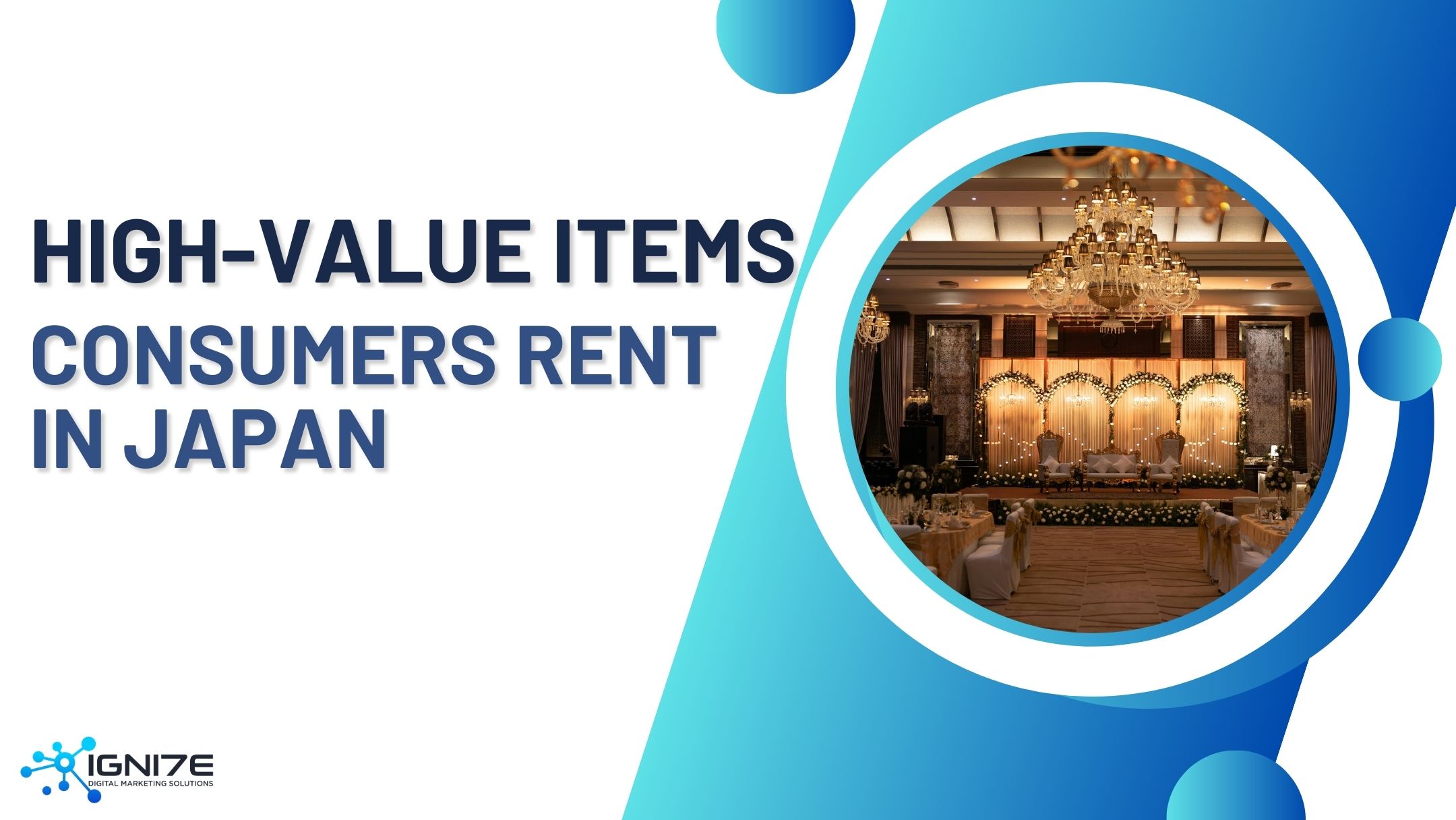Top 10 Company Benefits Japanese Workers Enjoy

When it comes to employee benefits, Japanese companies have long been known for their structured, holistic approach. Rooted in a culture that values loyalty, teamwork, and long-term employment, many of Japan’s corporate benefit packages go beyond what some might expect. From twice-yearly bonuses and generous commuting allowances to career development support and housing subsidies, Japan's employee benefit system is designed not only to attract talent but also to retain it over the long haul. While traditional values still shape much of corporate culture, recent shifts, like increased parental leave and flexible work arrangements, also reshape how benefits are delivered in response to changing societal needs.
Understanding these benefits offers a valuable perspective for anyone considering a career in Japan, working with Japanese firms, or benchmarking international HR practices. Many companies—especially medium to large enterprises—offer benefits that directly impact financial well-being as well as quality of life, health, and career growth. As Japan continues to navigate demographic challenges like an aging population and labor shortages, employee benefits have become essential in strengthening workplace engagement and long-term satisfaction. Let’s dive into the top 10 most popular benefits that Japanese companies provide, and why they matter.
Popular Company Benefits Provided by Japanese Companies
- Bonus System (賞与)
- Commuting Allowance (交通費)
- Health and Welfare Programs (福利厚生)
- Paid Leave (有給休暇)
- Special Leave
- Company Housing or Housing Allowance (社宅・住宅手当)
- Old-Age Pension Benefit (老齢年金)
- Career Development Support
- Work-Life Balance Measures
- Team-Building Culture and Company-Sponsored Social Activities
1. Bonus System (賞与)

Bonuses are a staple of the Japanese compensation system and are typically paid twice a year, once in the summer and again in the winter. These bonuses can amount to anywhere from one to six months’ worth of salary, depending on the company’s performance and the employee’s role or seniority. While not legally mandated, the system is deeply ingrained in corporate culture. It’s seen as both a reward for loyalty and a tool for motivation. Some companies even provide an additional bonus or performance-based pay tied to individual or team achievements.
2. Commuting Allowance (交通費)

In Japan, it’s common for employees to commute long distances to work, often via trains or buses. To ease the financial burden, companies typically reimburse 100% of commuting expenses, whether for public transportation passes or tolls and gasoline (in the case of company-approved driving). This benefit is so standardized that it’s usually assumed as part of an offer package. Some employers also offer premium options like express train passes or taxi allowances in case of late-night overtime or business-related travel.
3. Health and Welfare Programs (福利厚生)

Japan has a well-established public health system, but companies often go above and beyond. All full-time employees are enrolled in Employees’ Health Insurance, which covers both them and their dependents. It pays for 70% of medical expenses, including doctor visits, medications, surgeries, and hospitalizations. Employees typically pay only 30%. Companies may also offer additional benefits like annual health checkups, mental health counseling, and gym memberships. The government reimburses the excess beyond a monthly cap for high medical costs. Some large firms belong to their own health insurance societies, which may provide enhanced coverage and perks like subsidized recreation facilities or travel discounts.
4. Paid Leave (有給休暇)

Legally, Japanese companies must provide at least 10 days of paid leave per year, increasing based on years of service. However, taking this leave hasn’t always been culturally encouraged. In recent years, both the government and companies have worked to change that, and many now encourage employees to use all their paid vacation days. In addition to paid vacation, companies typically observe national holidays (16 per year) and New Year’s holidays. Some firms also offer extra leave around these periods to encourage longer breaks.
5. Special Leave

Japanese companies offer a wide range of special leave options that go beyond basic vacation. Maternity leave starts six weeks before the due date (14 weeks for multiple births) and continues for eight weeks after birth. During this period, if the salary is not paid, a maternity allowance (around 67% of the salary) is provided through health insurance. Paternity leave has also become more accessible, with government-backed incentives encouraging men to take time off. Other special leaves include:
- Childcare leave (up to one year, often extendable)
- Nursing care leave for family members
- Bereavement leave
These types of leave foster a supportive and family-conscious work culture.
6. Company Housing or Housing Allowance (社宅・住宅手当)

Especially in urban areas where rent can be prohibitively high, companies often offer company dormitories or subsidized housing. Young or single employees may live in shared dorms with low rent, sometimes including utilities and meals. Married employees or mid-career hires often receive housing allowances, ranging 20,000 to over 100,000 yen per month, depending on location and position. These benefits can significantly reduce the cost of living and are particularly attractive to employees relocating from other regions.
7. Old-Age Pension Benefit (老齢年金)

The Japanese pension system includes the National Pension (国民年金) and Employees’ Pension Insurance (厚生年金). Employees contribute monthly through payroll deductions, and their employers match the contribution. After reaching age 65, participants who have contributed for at least 10 years become eligible for a monthly old-age pension benefit. Companies sometimes supplement this with corporate pension plans or retirement bonuses. These benefits help ensure financial stability after retirement and are a key part of Japan’s social safety net.
8. Career Development Support

Japanese companies invest heavily in employee training and development, especially for new graduates. Many firms run multi-month onboarding programs, and rotational training across departments is common. Additionally, employees may sometimes access language courses, certifications, and even tuition support for graduate degrees or external seminars. The aim is to create generalists with a broad understanding of the company’s operations. This commitment to lifelong learning also helps companies remain competitive in global markets.
9. Work-Life Balance Measures

Japanese work culture has a reputation for long hours, but recent reforms have pushed for a healthier work-life balance. Many companies now offer:
- Flexible working hours (flextime systems)
- Work-from-home (telework) policies
Additionally, government initiatives like Premium Friday (encouraging early Friday departures once a month) have prompted firms to rethink their approach to productivity and personal time. These changes are gradually reshaping traditional expectations, especially among younger generations.
10. Team-Building Culture and Company-Sponsored Social Activities

Japanese companies often prioritize team harmony and group cohesion, which is reflected in the many company-sponsored social activities offered throughout the year. These include company trips (社員旅行), after-work drinking parties (飲み会), seasonal parties, and sports events. While participation is technically optional, these events are widely encouraged as part of relationship-building and internal networking. Some companies fully cover the cost of travel, meals, and accommodations for overnight retreats, while others subsidize regular get-togethers to foster communication across departments. These informal settings help strengthen workplace bonds, smooth interdepartmental collaboration, and reinforce the group-oriented culture that is central to many Japanese organizations.
Conclusion
Japan’s corporate benefits landscape offers a structured and traditionally rooted approach to employee welfare, shaped by decades of stable employment practices and a culture of company loyalty. From twice-yearly bonuses and subsidized commuting to housing support and career development programs, many companies provide comprehensive benefits that can enhance both financial security and quality of life. However, the system also reflects certain rigidities, such as a lingering reluctance around using paid leave or the uneven adoption of flexible work arrangements, that can limit its adaptability in today’s evolving work environment.
While Japan’s model may not be universally ideal or easily replicable elsewhere, it provides valuable insights into how benefits can support long-term employment and social cohesion. For foreign workers, HR professionals, and anyone interested in workplace systems, understanding both the advantages and the challenges of Japan’s approach is essential. In the end, while the system has its strengths and limitations, it offers a unique perspective on how structured benefits can shape the employee experience.
















